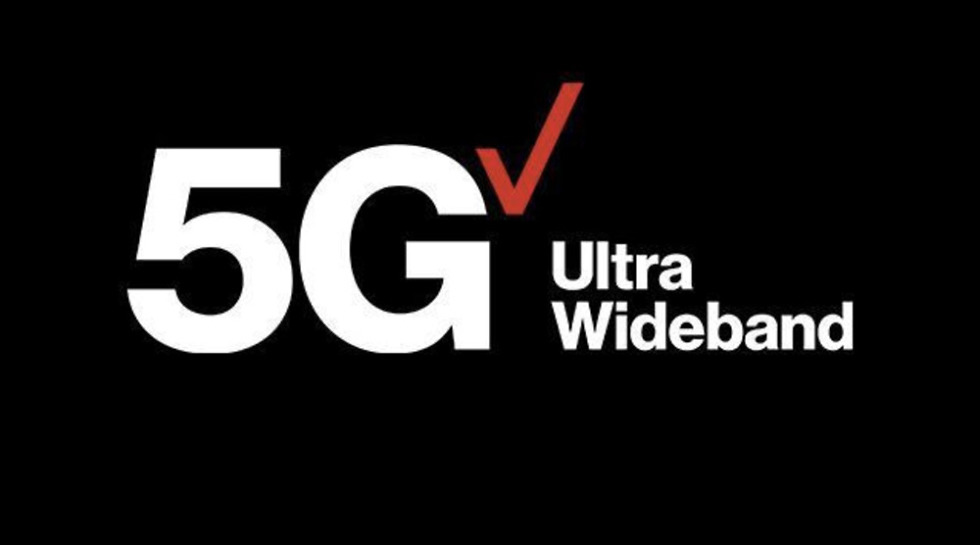A new home internet option.
I may sit on the negative side of 5G at the moment, mostly because I think carriers, phone makers, and chipset producers are overselling the first round of it, but there is still one piece of it that I’m really looking forward to. As Verizon 5G becomes a real thing over the next couple of years, it won’t just mean faster mobile internet on your phone. It will also mean another home internet option.
As Verizon begins creating its new 5G network for mobile and your smartphone, it’ll bring with it a home internet option that runs over that same 5G network. Verizon reiterated that bit of news to PCMag this week, noting that they view their 5G network as “one network, based on 5G, supporting multiple use cases.”
That’s important for urban areas to start, many of which lack choices for home internet. For example, I live in Portland, pretty close to downtown, and have two choices: Comcast or CenturyLink. I go with Comcast because with the specific location of my house, it’s impossible to get a CenturyLink Fiber wire from street pole to it. CenturyLink’s Gig internet also just got here, so up until about a year ago, Comcast was my only legitimate choice. With no competition, I can’t imagine I’m paying a reasonable price for my close-to-gigabit service.
And we don’t think we’re talking about some weak hotspot internet, like AT&T is currently offering over its 5G network. Verizon’s initial 5G Home offering, which uses non-standard millimeter wave (mmW) 5G that will soon be converted to standards-based mmW 5G, is more like traditional internet. You can pay $50/mo as a Verizon customer and get unlimited data, or $70 if you aren’t already with Big Red. Verizon says customers should expect 300Mbps speeds that can top out at around 1Gbps with no data caps.
Verizon’s VP of technology planning, Adam Koeppe said this week that they’ll continue to use mmW spectrum for their 5G home internet solution, but that customers shouldn’t worry about slow speeds because of network load. Instead he said that they have plenty of mmW bandwidth and will “give the customer what they need when they need it.”
Now, I mentioned above that this will initially benefit urban areas and that’s because Verizon will deploy mmW in urban areas first. Millimeter Wave is built for densely populated areas that need to support a massive amount of connections at a time. So with mmW 5G in those areas, it only makes sense that Verizon then offer a home internet solution that can use it.
We have no idea if Verizon’s pricing will change from the 5G Home in places like Sacramento and Houston or if they’ll stay the same reasonable levels. I just know I’ll be ready to give it some run if it can produce the speeds they are currently promising and help me break away from the death grip of Comcast.


Collapse Show Comments